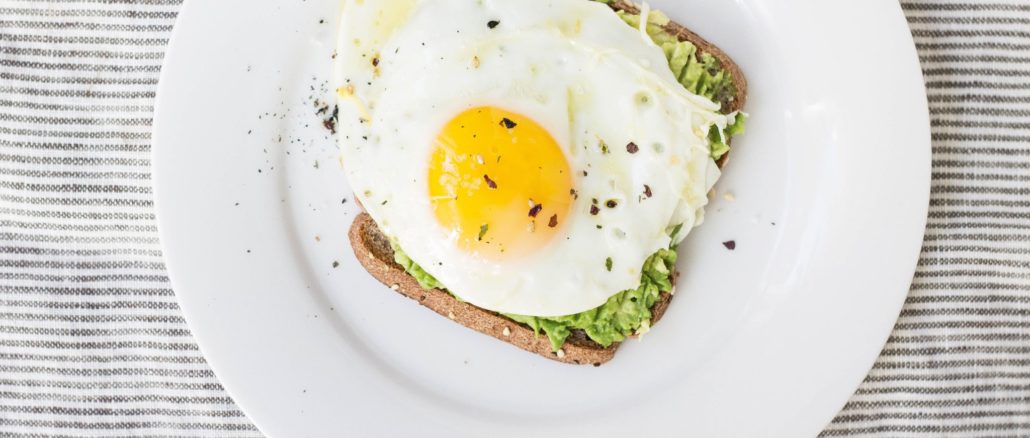
A whopping one third of adults struggle with getting a good night’s sleep on a regular basis. A good night’s sleep is incredibly important for your health. In fact, it’s just as important as eating healthy and exercising. Unfortunately, the connected world in which we live is interfering with Australian’s natural sleep patterns. People are now sleeping less than they did in the past, and sleep quality has decreased as well.
What happens when you don’t get enough sleep?
Sleep is a vital function that supports healthy brain function and maintains physical health yet many fail to get enough sleep. Quality sleep aids the repairing of tissues and reduces the risk of heart disease, high blood pressure, diabetes and high cholesterol as well. In daily life a good night of sleep improves learning, attention span and problem-solving making us ready to take on the world.
How can Australian’s get a better night’s sleep?
Diet, a key contributor to a healthy mind and body, affects the ability to wind down for the night and sleep soundly. A poor diet can lead to vitamin deficiencies and difficultly maintaining sleep. Jam-packed with 11 vitamins and minerals, eggs are a food associated with improved sleep quality.
Something as simple as eating eggs at dinner time can be a natural sedative as egg whites help the body prepare for bedtime by producing melatonin that bring on that sleepy feeling. Also a rich source in the amino acid tryptophan, eggs help you sleep better for longer by telling your brain to shut down for the night.
Sharon Natoli, leading dietician and author, commented: “A healthy well-balanced diet is a key contributor to a good night’s sleep. Eggs are widely recognised as a high-quality protein source so simply including an egg with a meal can boost sleep duration and quality for all-round mental and physical health”.
Sharon explains the long-term benefits of sleeping well/eating eggs will help you prevent weight gain, ageing and stress levels.
Top tips for getting a better sleep:
o Avoid drinks containing caffeine, such as coffee, tea, cola and cocoa, for at least four hours before bedtime
o Avoid eating large meals for two to three hours before bedtime. Try a light healthy snack 45 minutes before bed if you’re still hungry
o Don’t skip breakfast or eat at irregular times on a daily basis
o Enjoy a wide variety of colourful fruits and vegetables such as apple, orange, kiwi fruit, apricot, broccoli, spinach, red capsicum and tomato
o Include wholegrains in your everyday diet, for example swap white bread with wholegrain bread and add natural muesli in cereal
o Minimise the intake of confectionery such as cake, chocolate, chips and biscuits
o Fibre from wholegrain breads and cereals, vegetables, fruit, eggs, and dairy, eaten regularly, does not only improve sleep quality, it can also improve satiety, help to reduce the risk of coronary heart disease, obesity and diabetes
o Regular exercise is recommended as part of a healthy lifestyle
SheSociety is a site for the women of Australia to share our stories, our experiences, shared learnings and opportunities to connect.

Leave a Reply